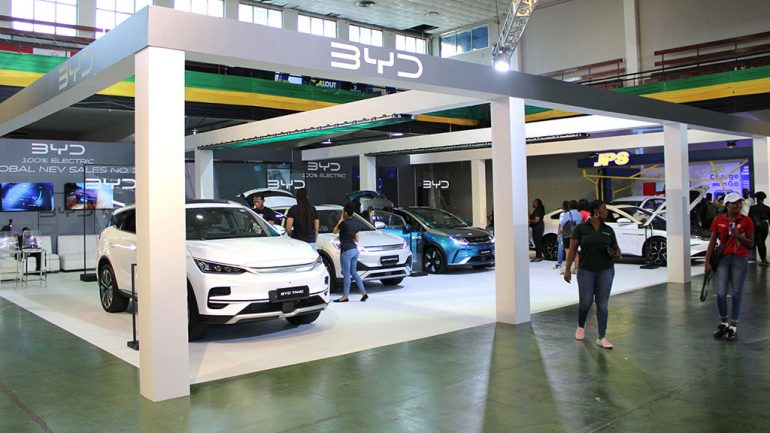Maine is currently deliberating whether to embrace California-style regulations aimed at significantly restricting the sale of new gas-powered vehicles, with the goal of promoting electric vehicle (EV) adoption. Scheduled for Full Article »


Maine is currently deliberating whether to embrace California-style regulations aimed at significantly restricting the sale of new gas-powered vehicles, with the goal of promoting electric vehicle (EV) adoption. Scheduled for a decision on December 21, the proposal has sparked debates between supporters and critics, reflecting a broader nationwide conversation on environmental policies.
Advocates argue that the measure accelerates the ongoing shift towards electric vehicles, emphasizing the urgency of meeting environmental targets. The proposed standards, if approved, would take effect for 2027 models and mandate that 82% of new vehicles sold be classified as zero-emission by the 2032 model year. This move aligns with the standards already adopted by a dozen states, following California’s lead to boost EV sales and reduce traditional vehicle sales in line with climate goals.
Maine has a history of adopting robust environmental standards, often exceeding federal requirements. Jack Shapiro, from the Natural Resources Council of Maine, sees the proposal as a positive step for consumers and the environment. Shapiro emphasizes the state’s commitment to environmental concerns, cost savings, efficiency, and pollution reduction.
However, critics, including House Republican leader Billy Bob Faulkingham, question the feasibility of the plan, citing the state’s geographical and infrastructural challenges. Many Mainers voiced their opposition during a public hearing, with concerns about not wanting the state to replicate California’s approach.
The Alliance for Automotive Innovation, representing car and truck manufacturers, expresses support for Maine’s efforts but acknowledges hurdles related to consumer acceptance and the need for additional charging infrastructure. They emphasize the importance of offering a variety of vehicles to meet consumer demand in the state.
The proposal allows for the continued sale of certain gas-powered vehicles, particularly heavier-duty trucks weighing 8,500 pounds or more. This carve-out addresses concerns about practicality, especially in sectors like delivery, waste management, and education.
The “Advanced Clean Cars II” plan, as it’s called, sets ambitious targets for zero-emission vehicles, aiming for 43% of new car sales by 2027 and 82% by 2032. While electric vehicles currently constitute only 6% of new vehicle sales, supporters argue that aggressive measures are essential to combat climate change effectively.
The proposal’s unconventional path, initiated by a citizen board through a process allowing any Maine resident to submit an agenda item with 150 signatures, reflects the gravity of the issue. Although the Maine Department of Environmental Protection remains neutral, the Board of Environmental Protection is carefully considering the proposal.
As other states grapple with similar decisions, the outcome in Maine will contribute to shaping the trajectory of environmental regulations, emphasizing the delicate balance between sustainability goals and the practicalities of implementation. The ongoing national discourse on clean energy and climate policies underscores the importance of finding compromises that address both environmental concerns and the unique challenges faced by individual states.
Source: Associated Press















